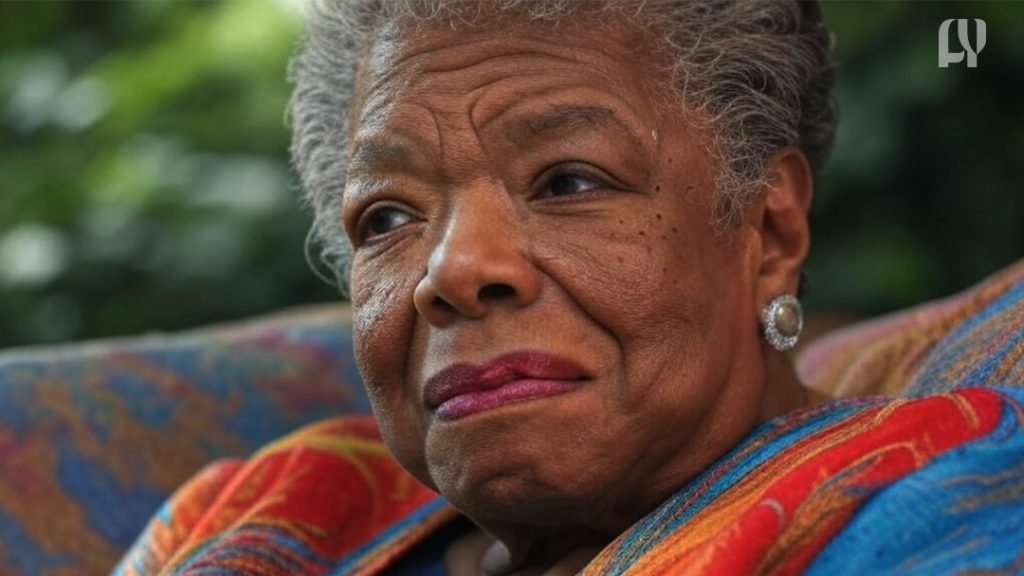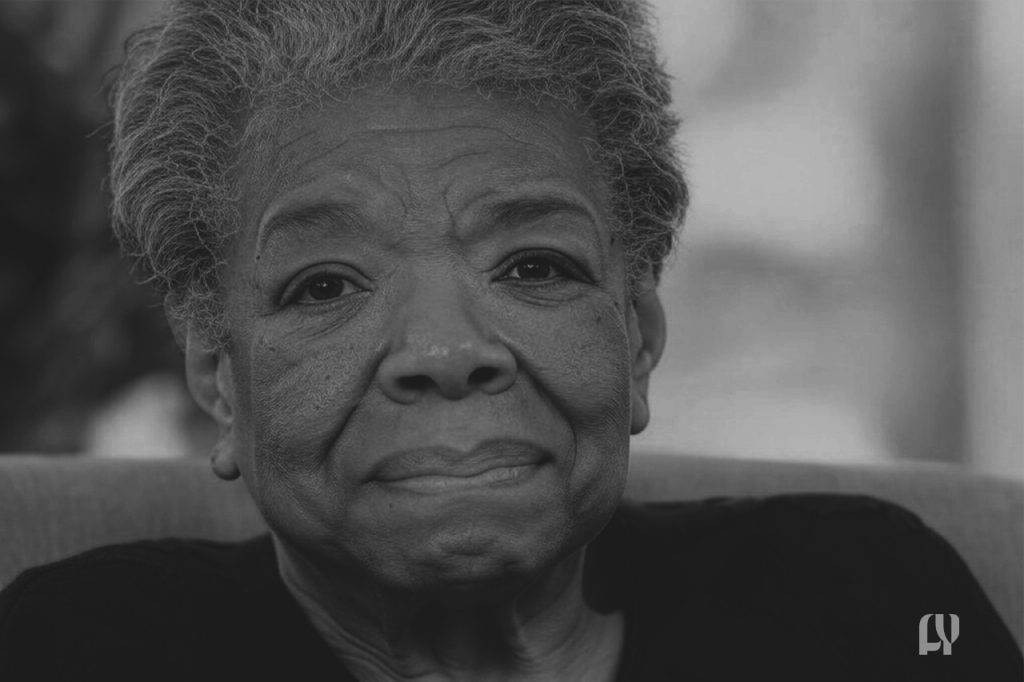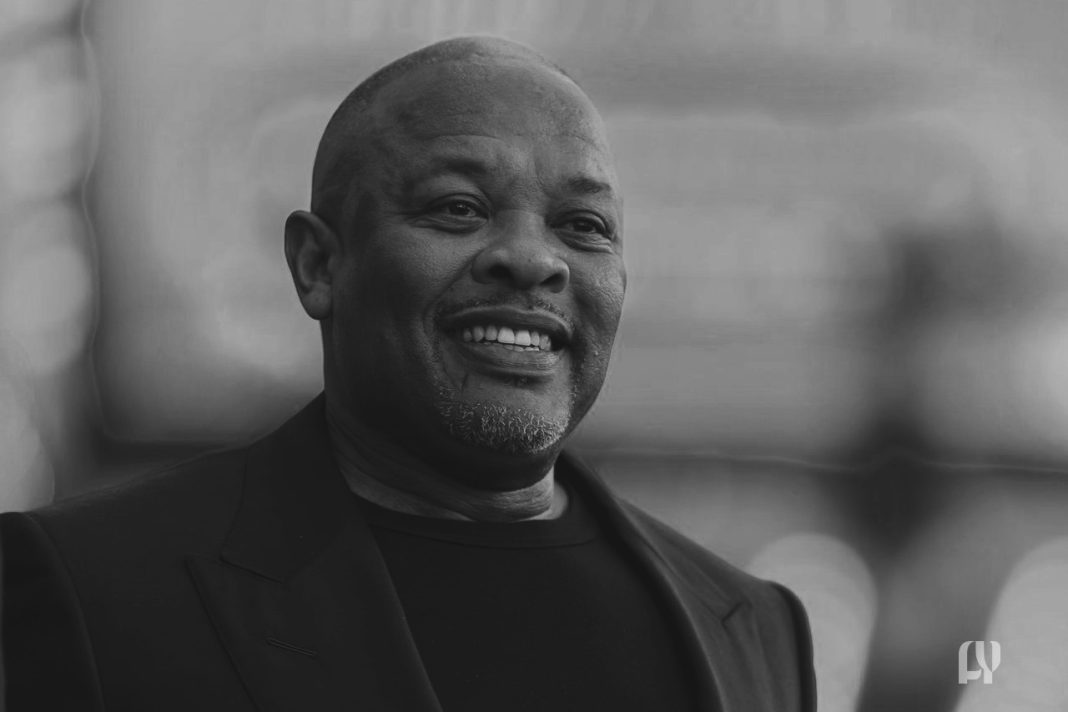Maya Angelou Legacy: A Beacon of Hope, Resilience, and Wisdom
In the tapestry of human history, few figures shine as brightly as Dr. Maya Angelou. Angelou was a poet, author, and civil rights activist. She was a voice for the voiceless. Her legacy is a testament to the power of resilience. It shows the beauty of words and the unyielding spirit of humanity. Her life, marked by both profound struggles and extraordinary triumphs, continues to inspire generations across the globe. Today, we explore the lasting impact of Maya Angelou. She taught us to rise and to hope. She also taught us to believe in the indomitable strength of the human spirit.
The Early Years: A Foundation of Strength
Born Marguerite Annie Johnson on April 4, 1928, in St. Louis, Missouri, Maya Angelou’s early life was far from easy. When she was three years old, her parents’ marriage crumbled. She and her older brother, Bailey, were sent to live with their grandmother. They moved to the racially segregated town of Stamps, Arkansas. It was here, in the heart of the American South. Young Maya first encountered the harsh realities of racism. She also faced inequality. Yet, it was also here that she found solace in literature and faith. She also felt the unwavering love of her grandmother, Annie Henderson, whom she affectionately called “Momma.”
I’ve learned that people will forget what you said, people will forget what you did, but people will never forget how you made them feel.
Tragedy struck again when, at just seven years old, Maya was sexually assaulted by her mother’s boyfriend. The man was later killed, reportedly by her uncles, and the trauma left Maya mute for nearly five years. During this period of silence, she found refuge in books and poetry, discovering the transformative power of language. As she later wrote in her groundbreaking memoir, I Know Why the Caged Bird Sings, “Words mean more than what is set down on paper. It takes the human voice to infuse them with deeper meaning.”
A Life of Many Firsts
Maya Angelou’s life was a series of groundbreaking achievements. In her youth, she became San Francisco’s first Black female streetcar conductor. As a young adult, she toured Europe as a cast member of the opera Porgy and Bess. She immersed herself in the arts and culture of the world. She later moved to New York City. There, she joined the Harlem Writers Guild. She became an active participant in the Civil Rights Movement. She worked alongside luminaries like Dr. Martin Luther King Jr. and Malcolm X.

Angelou’s career was as diverse as it was illustrious. She was a dancer, a singer, an actress, a journalist, and a professor. But it was her work as a writer that cemented her place in history. In 1969, she published I Know Why the Caged Bird Sings. It was the first in a series of seven autobiographies. These books chronicled her life with unflinching honesty and lyrical beauty. The book was a critical success. It was also a commercial success. It broke barriers as one of the first autobiographies by a Black woman to achieve widespread recognition.
The Poet Who Spoke to the Soul
While Angelou’s autobiographies brought her fame, it was her poetry that captured the hearts of millions. Her poems, often infused with themes of identity, resilience, and hope, resonated deeply with readers from all walks of life. Among her most famous works is Still I Rise, a powerful anthem of defiance and empowerment. Its unforgettable refrain, “I rise, I rise, I rise,” resonated deeply. The poem became a rallying cry for marginalised communities around the world.
Another iconic piece, Phenomenal Woman, celebrates the beauty and strength of Black women, challenging societal standards of femininity and worth. Angelou’s ability to weave personal experience with universal truths made her poetry accessible and deeply moving. As she once said, “I’ve learnt that people will forget what you said. People will forget what you did. But people will never forget how you made them feel.”
A Voice for Justice and Equality
Maya Angelou’s contributions to the Civil Rights Movement can’t be overstated. She worked tirelessly to advance the cause of racial equality, using her platform to speak out against injustice and oppression. Her friendship with Dr. Martin Luther King Jr. was particularly significant; she was organising a march for him at the time of his assassination in 1968. Devastated by his death, Angelou found solace in writing, producing her first autobiography just a year later.
Angelou’s activism extended beyond the United States. She lived in Egypt and Ghana during the 1960s. During this time, she immersed herself in the Pan-African movement. She also advocated for the liberation of African nations from colonial rule. Her global perspective enriched her work, allowing her to speak to the interconnected struggles of Black people worldwide.
A Legacy of Wisdom and Inspiration
Maya Angelou’s impact extends far beyond her literary and activist achievements. She was a teacher, a mentor, and a source of wisdom for countless individuals. Her words, both written and spoken, continue to inspire people to overcome adversity. They encourage individuals to embrace their identity. Her messages urge everyone to strive for a better world.
One of her most enduring messages is the importance of courage. “Courage is the most important of all the virtues,” she once said. “Without courage, you can’t practice any other virtue consistently.” This belief in the power of courage to transform lives recurs in her work. It encourages readers to face their fears and pursue their dreams.
Courage is the most important of all the virtues. Without courage, you can’t practice any other virtue consistently.
Angelou’s legacy is also one of love and compassion. She believed in the inherent goodness of people and the possibility of redemption. “I’ve learnt that people will forget what you said. They will forget what you did. But people will never forget how you made them feel,” she famously remarked. This emphasis on empathy and human connection is her greatest gift to the world.
Honouring a Phenomenal Woman
Maya Angelou passed away on May 28, 2014, but her legacy lives on. Her works continue to be studied in schools and universities. People share her quotes on social media. Her poems are recited at weddings, graduations, and protests. In 2010, President Barack Obama awarded her the Presidential Medal of Freedom. This award is the highest civilian honour in the United States. It was given to her in recognition of her contributions to literature and civil rights.
Today, Maya Angelou’s legacy is celebrated not only for her artistic achievements. It is also honored for her unwavering commitment to justice, equality, and the power of the human spirit. She remains a symbol of hope and resilience. She reminds us that even in the face of unimaginable adversity, we can rise.
We think about her life and work. Let us carry ahead the lessons she taught us. We must speak our truth. Stand up for what is right. Believe in the possibility of a better tomorrow. In the words of the phenomenal woman herself, “We may face many defeats, but we must not be defeated.”

Frequently Asked Questions About Maya Angelou
What is Maya Angelou most famously known for?
Maya Angelou is most famously known for her groundbreaking autobiography I Know Why the Caged Bird Sings. She is also known for her iconic poem Still I Rise.
What are 5 famous quotes by Maya Angelou?
Here are five famous quotes: “I’ve learnt that people will forget what you said. People will forget what you did. But people will never forget how you made them feel.” “Still I rise.” “Courage is the most important of all the virtues.” “You do not control all the events that happen to you. Yet, you can decide not to be reduced by them.” “Nothing will work unless you do.”
What happened to Maya Angelou when she was 3 years old?
When Maya Angelou was three, her parents divorced. She and her brother went to live with their grandmother in Stamps, Arkansas.
What are 5 interesting facts about Maya Angelou?
She was San Francisco’s first Black female streetcar conductor; she spoke six languages; she worked with both Dr. Martin Luther King Jr. and Malcolm X. She wrote seven autobiographies. She recited her poem On the Pulse of Morning at President Bill Clinton’s 1993 inauguration.
How did Maya Angelou die?
Maya Angelou passed away on May 28, 2014, at the age of 86, due to natural causes.
Maya Angelou’s legacy is a beacon of light. It guides us through the darkness and inspires us to reach for the stars. Forever Yena, forever inspired.
Forever Yena Newspaper: Where Stories Live Forever.


